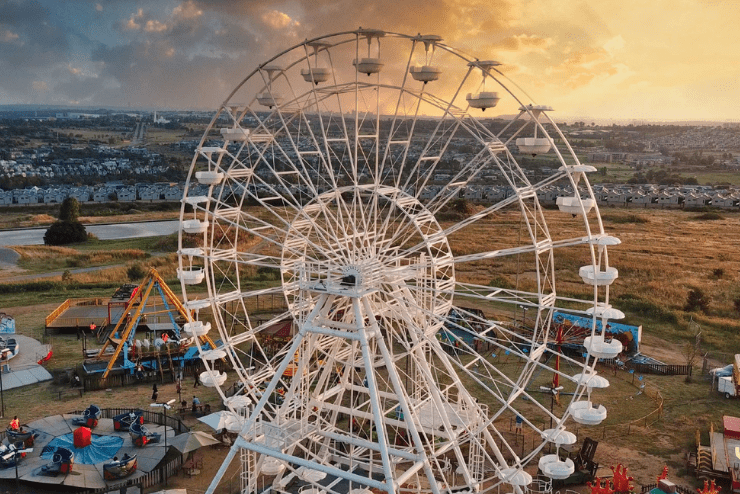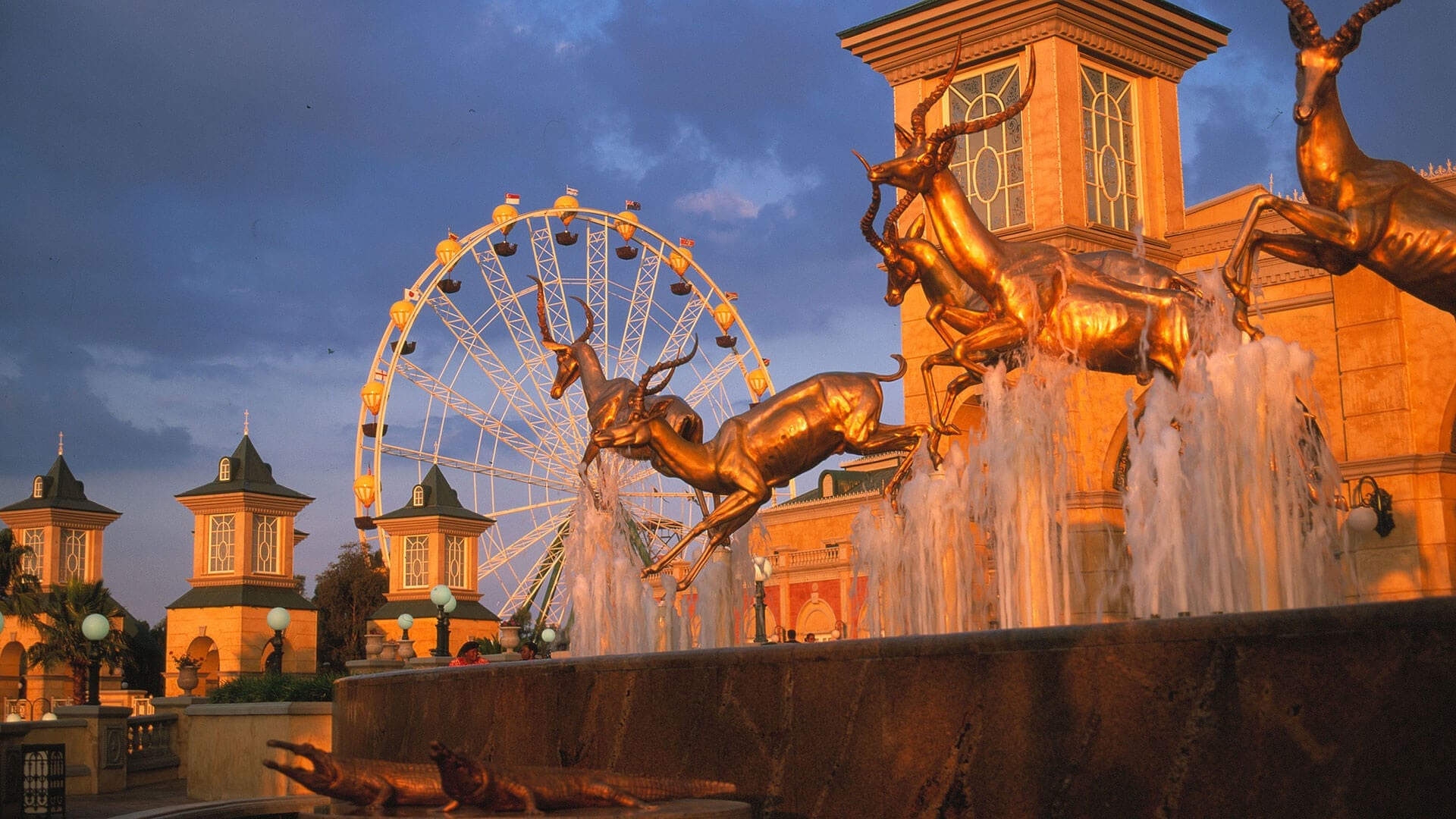Everything about Johannesburg North Attractions
Table of ContentsThe Basic Principles Of Johannesburg North Attractions Johannesburg North Attractions Things To Know Before You Get ThisGetting The Johannesburg North Attractions To WorkThe 20-Second Trick For Johannesburg North AttractionsAbout Johannesburg North AttractionsJohannesburg North Attractions Things To Know Before You BuyAll About Johannesburg North Attractions
However you should keep safety in mind and vacationers should stay sharp in all times when in unknown surroundings. Speak with the residents when you remain in community to find out concerning the area you are staying in. Johannesburg North attractions. When on the road (this doesn't put on mall and various other secure atmospheres) best basic recommendations is to try your ideal to look like a neighborhood and to prevent presenting any kind of kind of wealth
Not known Details About Johannesburg North Attractions
Professor Revil Mason O. J. (Thomson, 1946) discovered the Witwatersrand's pre-colonial background. His archaeological job took off the 'em pty land' misconception, according to which the area was empty of human habitation before the arrival of European inhabitants. In his magazines Prehistory of the Transvaal: A Document of Human Activity (1962) and Origins of Black People of Johannesburg and the Southern Western Central Transvaal AD 3501880 (1986 ), Professor Mason showed the level of social and financial growth in the location prior to Europeans set foot below.

The Greatest Guide To Johannesburg North Attractions
He showed the government's consent, granted after he had promised to keep his discoveries secret. In 1874, small mining operations were started in the Magaliesberg, where an Australian, Henry Lewis, had actually discovered gold down payments. In 1878, David Wardrop found gold in quartz veins at Zwartkop, north of Krugersdorp. In 1881, Stephanus Minnaar came across gold on the ranch Kromdraai, near the Cradle of Mankind.
In March 1886, a protrusion (quickly to be called the Main Coral reef) was discovered, rather fortunately, on Gerhardus Oosthuizen's farm Langlaagte. Some claim that the Lancastrian coal miner George Pedestrian discovered this reef. An additional travelling English miner, George Harrison (that had previously operated in Australian mines) obtained a prospecting permit in respect of Langlaagte in May 1886.
He decided to carry on in a pursuit for greener fields, and disposed of his Langlaagte claim for the baronial amount of 10. Alas: below lay the wealthiest goldfield ever before located. The discovery of this rich auriferous coral reef provoked a gold rush that signalled the end of agrarian tranquillity in the southerly Transvaal.
It would certainly, within six years, end up being the biggest town in southerly Africa. Within a years, it would make the Z. A. R. up until after that an anarchical and insolvent little state the wealthiest nation in Africa. By the millenium, the Z. A. R. was to go beyond Russia, Australia and the United States of America to become the globe's leading gold producer, generating greater than a quarter of the world's gold.
The Ultimate Guide To Johannesburg North Attractions
It was called Ferreira's Camp, named after Colonel Ignatius Ferreira. He was a Boer traveler upon whom the British authorities had bestowed the status of Buddy of the A Lot Of Distinguished Order of St Michael and St George (qualifying him to the post-nominal letters C. M. G.) in appreciation for his function in the war that had actually deposed the Pedi more information king Sekhukhune in 1879.
Quickly the camp was bristling with camping tents and wagons as beginners arrived daily from much and wide. By September 1886, some 400 individuals stayed in Ferreira's Camp, which soon boasted upreared iron and timber structures. Two other camps were developed: Meyer's Camp on the farm Doornfontein, and Paarl Camp. The latter was nicknamed Afrikander Camp; lots of people from the Cape see here now Swarm worked out there.

Fascination About Johannesburg North Attractions
This name got money by word of mouth, such that the State Assistant affirmed the name to the Mining Commissioner on 9 October 1886. Stands in the village were auctioned on 8 December 1886. While some stands were offered for 10, others were knocked down for as little as sixpence.
2 years later on, these erven were to transform hands for as long as 750 each. The tented camps diminished as a dorp of corrugated iron buildings created and expanded north of the mines located along the Main Reef Road. Areas such as Jeppe's Community (where working-class immigrants erected their homes) and Doornfontein (where the wealthy brand-new 'Randlords' began to construct their opulent homes) were soon contributed to the ever-expanding map of the community.
3 Easy Facts About Johannesburg North Attractions Described
Apart from the street names, there were no indicators of Johannesburg being situated in a Dutch-speaking nation., click site nearly every person spoke English and even the Federal government slaves addressed one in English, unless they were first addressed in the Taal (or Reduced Dutch)'.
Britain had an interest in guaranteeing optimal conditions for gold manufacturing on the Witwatersrand, and that the gold was exported to London rather than Berlin a vital rendered all the more clamant by the Z. A. R.'s enhancing toenadering with Germany. Mine proprietors were on a crash program with Head of state Kruger, whose policy of monopolistic concessions (often provided to his cronies) prevented mining firms from procuring products of materials (specifically dynamite) and labour on their own, less costly terms
What Does Johannesburg North Attractions Do?
In 1890, the Volksraad had limited the franchise business to white guys who had actually stayed in the Z. A. R. for fourteen years or longer, thus disqualifying many of the immigrants (that occurred to be the major contributors to the fiscus). However, anxiety for the vote was a mere pretext for advertising a various agenda; the majority of uitlanders concerned themselves as short-lived visitors and had no objective of remaining in the Z.